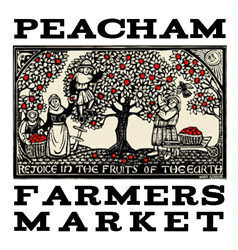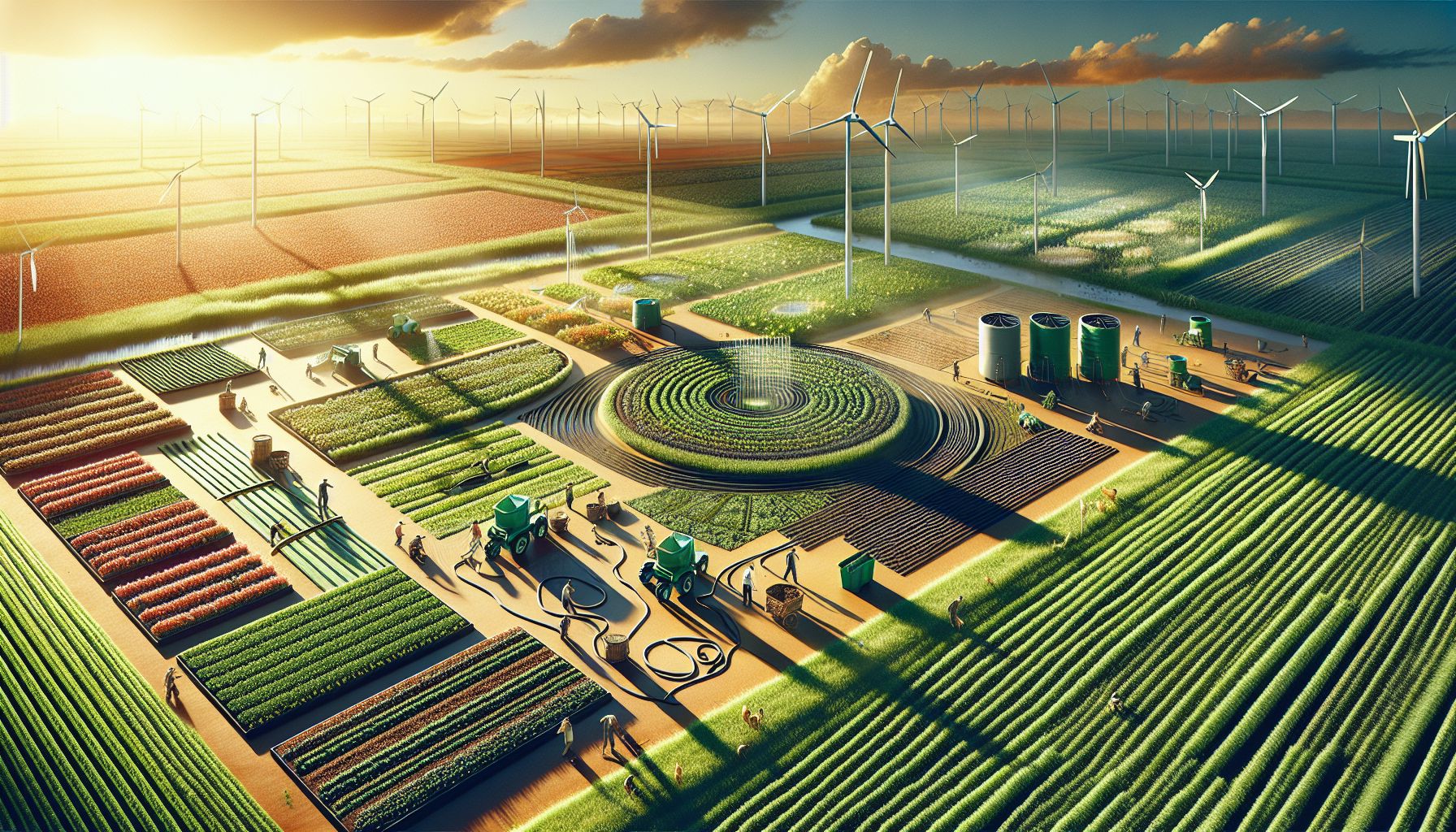Farming has been an integral part of human civilization since the beginning of time. It not only provided us with sustenance but also shaped our cultures and traditions. As food is an essential aspect of our daily lives, it’s no wonder that recipes hold a special place in our hearts. Each recipe carries a story, reflecting our cultural expressions and family traditions. However, with the ever-increasing demands for food, modern farming practices have put a strain on the environment. That’s where sustainable farming comes into play, nurturing the land for future generations.
Sustainable farming practices focus on preserving the land’s long-term productivity while minimizing the use of resources such as water and energy. These methods differ from traditional farming approaches as they prioritize the health of the ecosystem. One of the latest trends in sustainable agriculture is regenerative farming, which involves building soil health, improving biodiversity, and reducing the use of synthetic inputs. This approach not only results in healthier crops but also helps to mitigate climate change by capturing carbon dioxide from the atmosphere.
Technology has also played a significant role in modern agriculture. Precision farming, which uses data and technology to maximize efficiency, has helped farmers to reduce costs and environmental impact. One example of this is the use of drones to monitor crop health and identify areas that require attention. Furthermore, the development of genetically modified crops has increased crop yields, reducing the need for land expansion and preserving natural habitats.
Despite these advancements, modern farmers face numerous challenges as they try to balance profitability with sustainability. One of the significant challenges is the rising cost of agricultural inputs such as fertilizers, seeds, and machinery. This can make it difficult for small-scale farmers to adopt sustainable practices, which often require significant investments. Additionally, unpredictable weather patterns and climate change can significantly impact crop yields, making it harder for farmers to plan and sustain their livelihoods.
The impact of farming on the environment cannot be ignored. Agriculture is responsible for a considerable percentage of greenhouse gas emissions, water pollution, and biodiversity loss. Unsustainable farming practices such as monoculture, where a single crop is grown repeatedly, can deplete the soil’s nutrients, leading to soil erosion and loss of biodiversity. The use of chemical pesticides and fertilizers also pose risks to human health and pollinators, such as bees, essential for crop production.
As we look towards the future, sustainable farming will play a crucial role in ensuring food security and preserving our planet’s health. The current population growth and changing climate make it imperative for us to adopt more eco-friendly practices. As consumers, we can also make a difference by choosing to support local and sustainable farming practices. By buying organic and locally grown produce, we can reduce our carbon footprint and support farmers who prioritize the health of the environment.
Although there is still much to be done, the shift towards sustainable farming is gaining momentum. Many farmers, especially the younger generation, are embracing sustainable practices to make a positive impact on the environment. With the help of technological advancements and consumer support, sustainable farming can become the standard for modern agriculture.
In conclusion, farming and food hold undeniable significance in our lives, from cultural traditions to sustainable living. As we continue to evolve and adapt, it’s crucial to ensure that our food production methods align with our environmental goals. Embracing sustainable farming practices is not just about preserving our planet but also about nurturing it for future generations. So let’s savor our recipes and support sustainable farming for a healthier, brighter future.

